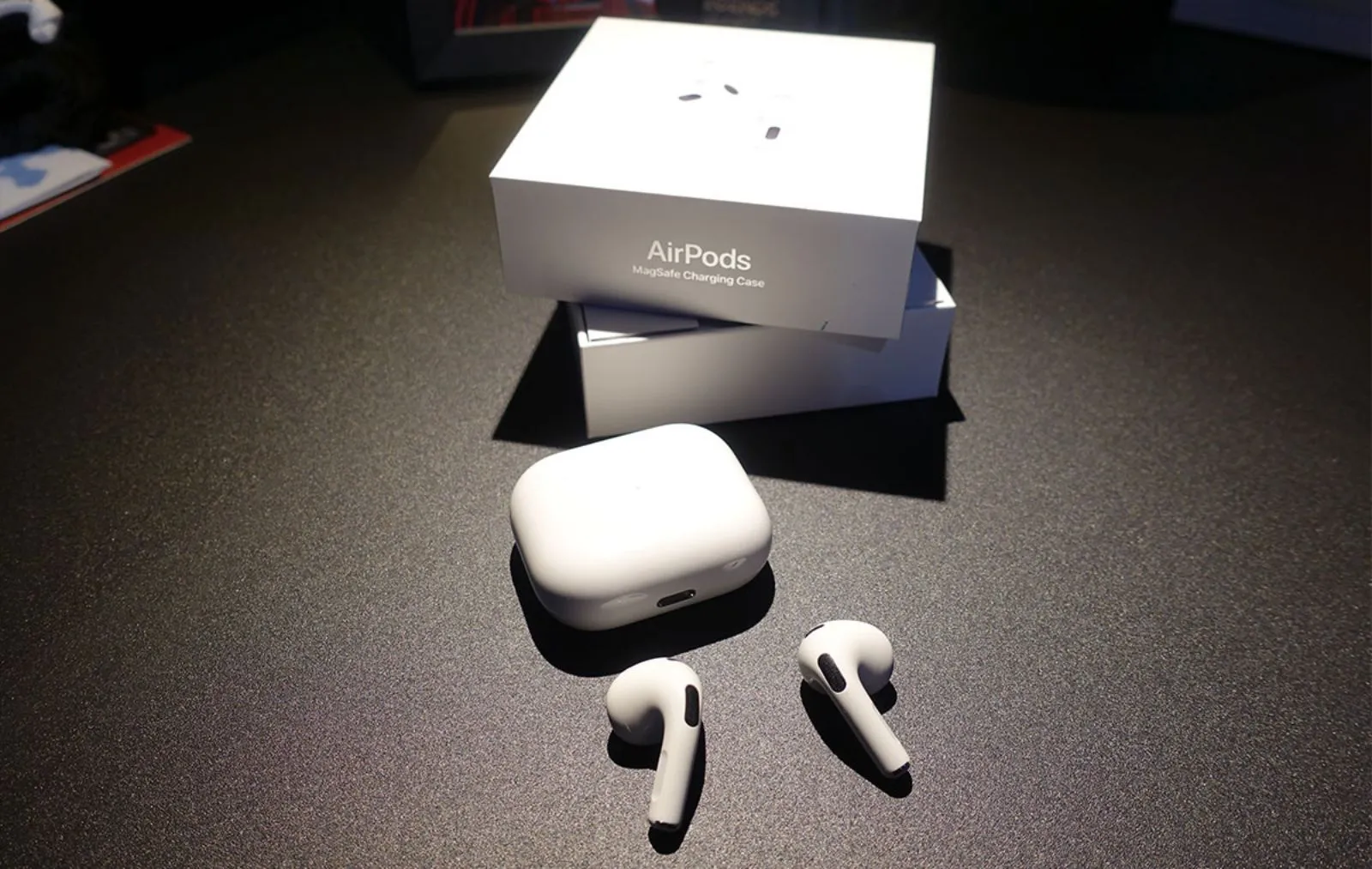A Dramatic Turnaround: From Lawsuit to Partnership
On November 25, 2025, Warner Music Group and Suno announced a groundbreaking resolution to their long-standing copyright dispute. The music label agreed to drop its lawsuit against the AI-powered music platform, while Suno committed to restructuring its service to use fully licensed content under strict artist consent and usage controls.
As part of the landmark agreement, Warner Music Group sold Songkick, its live-music and concert-discovery platform, to Suno. This deal gives the AI startup a broader footprint in both AI-generated music creation and live music discovery. Suno confirmed that by 2026, it will retire the current unlicensed AI models and launch fully licensed alternatives. Under the new structure, downloading AI-generated audio will require a paid subscription, while free-tier users will be limited to streaming and sharing tracks.
Artists and songwriters under Warner Music Group will retain the right to decide whether their names, voices, likenesses, or compositions are used in AI-generated works. This restores creative control to artists and sets a new standard for copyright protection in the evolving world of generative music. According to WMG CEO Robert Kyncl, the deal represents “a victory for the creative community,” balancing artist rights with emerging opportunities for music creation, discovery, and revenue.

Why the Settlement Matters — Beyond Legal Closure
Generative Music Meets Rights and Accountability
Suno has emerged as one of the most prominent AI platforms enabling users to generate music by typing text prompts, producing melodies, vocals, and instrumentals instantly. By November 2025, Suno had raised $250 million in a Series C funding round, valuing the company at $2.45 billion. The rapid growth highlighted the tension between AI innovation and the legal protections for artists. Warner Music Group, along with other major labels, argued that Suno had trained its AI models on copyrighted music without authorization, triggering lawsuits in 2023.
The new agreement sends a clear message: AI-generated music can coexist with copyrighted material, but only if it operates on consent, licensing, and fair compensation. The deal shifts the narrative from confrontation to collaboration, providing a roadmap for AI platforms and music labels alike.
A Blueprint for Licensed AI Music
Under the new framework, Suno will replace current models with fully licensed ones built on authorized content from WMG’s catalog. Paid subscribers will have access to download AI-generated tracks, while free-tier users can still stream and share music. Artists retain full control over whether their likeness, voice, or compositions are used in AI-generated music through an opt-in consent model. Integrating Songkick into Suno’s ecosystem merges AI-driven music creation with live concerts and fan engagement, creating a unified platform that bridges digital and real-world experiences.
This structure may serve as a template for how other labels and AI music startups navigate copyright challenges, balancing innovation with respect for creative ownership.
What Artists and the Music Community Gain
Protection, Control, and New Revenue Streams
Artists now have the authority to determine how their works and identity are utilized in AI music, preserving creative integrity and avoiding unauthorized exploitation. Fair compensation models promise royalties or licensing fees for the use of artists’ voices and catalogs, creating additional revenue streams beyond traditional streams and performance royalties.
Fans and artists alike gain new creative tools. Licensed AI models allow musicians to experiment, remix, or collaborate in innovative ways while ensuring that original creators are credited and rewarded. By combining Songkick with AI capabilities, fans may discover concerts for hybrid AI-human artists, merging virtual creativity with real-world live performances.

Risks: Market Saturation and Artistic Integrity
While the settlement offers numerous benefits, challenges remain. AI-generated music could flood the market, potentially overshadowing human-created music and diluting originality. Compensation mechanisms remain partly opaque, and without transparent reporting of splits and payouts, some creators may feel undercompensated.
Additionally, heavy reliance on popular catalog songs may lead to creative homogenization, where AI-produced music feels formulaic. Public perception is another factor — listeners may reject AI-generated tracks that mimic real artists, while participating creators could face scrutiny over authenticity.
The Broader Impact on the Music Industry
From Litigation to Licensing
The WMG-Suno agreement marks a pivotal moment. Labels appear ready to embrace AI under licensed, controlled conditions, potentially encouraging similar deals across the industry. Other major platforms, including Udio, have recently settled with WMG and Universal Music Group, signaling a shift in approach from legal confrontation to regulated collaboration.
As more labels adopt this framework, a new ecosystem of AI-driven music tools could emerge, respecting copyright while allowing artists, fans, and platforms to coexist under shared rules.
Redefining Musicianship in 2026
AI platforms offering licensed content democratize music creation. Amateur creators, fans, and unconventional musicians gain access to tools once reserved for professionals. This could foster new collaborations, remix cultures, and hybrid AI-human music projects that merge innovation with established artistry.
Economic and Business Model Innovation
Suno’s transformation, from defendant to licensed partner, illustrates how startups can pivot to align with industry expectations. Subscription-based access, paid downloads, licensing revenue for artists, and integration with live concert platforms open new monetization opportunities. A successful model could provide a sustainable path for AI-music platforms, ensuring creators are compensated, fans are engaged, and industry stakeholders remain satisfied.

Why This Story Matters
The WMG-Suno agreement redefines the relationship between AI and artistry. AI-generated music is no longer treated purely as a threat; it is a tool to expand creativity, democratize music production, and generate new revenue streams, provided creators retain rights, are credited, and fairly compensated.
Listeners benefit from increased access, variety, and novel collaborations. Artists gain a bridge between legacy catalogs and AI innovation. For the music industry, this serves as a blueprint for balancing technological advancement with creative protection.
In 2025, the music industry took a decisive step toward collaboration over litigation. By shaking hands instead of fighting in court, Warner Music Group and Suno have opened a new chapter for AI music, signaling a future where innovation and creative rights can coexist.



